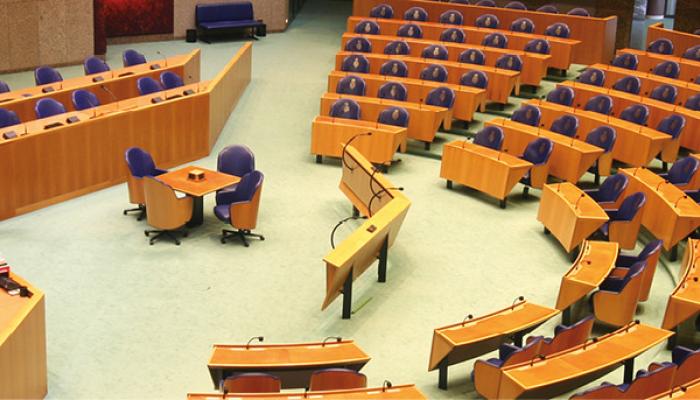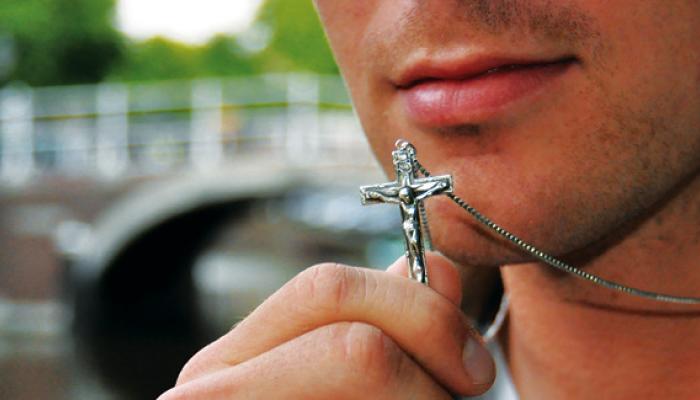
4.47 How can you use social media in the right way?
Social media offer a great way to stay in touch with a large number of people. Of course you could say that the Bible says nothing about social media, and therefore you can do whatever you want on the Internet. However, you are also a Christian online, and charity is an integral part of this.
Excluding or bullying people on social media, or just blurting out whatever you think is really wrong. It is important to make time for 'offline' contact with God, your family, and your friends.
What is required by the eighth commandment?
The eighth commandment requires respect for the truth accompanied by the discretion of charity in the field of communication and the imparting of information, where the personal and common good, the protection of privacy and the danger of scandal must all be taken into account; in respecting professional secrets which must be kept, save in exceptional cases for grave and proportionate reasons; and also in respecting confidences given under the seal of secrecy. [CCCC 524]
How is one to use the means of social communication?
The information provided by the media must be at the service of the common good. Its content must be true and – within the limits of justice and charity – also complete. Furthermore, information must be communicated honestly and properly with scrupulous respect for moral laws and the legitimate rights and dignity of the person. [CCCC 525]
Why does telling the truth require discretion?
Communicating truth must be done prudently within the context of charity. Often the truth is wielded as a weapon and thus has a destructive rather than a constructive effect.
When conveying information, we should think of the “three sieves” of Socrates: Is it true? Is it kind? Is it helpful? Discretion is called for also in dealing with professional secrets. They should always be kept, except in special cases defined by strict criteria. Likewise, anyone who publicizes confidential communications that were made under the seal of secrecy commits a sin. Everything we say must be true, but we need not say everything that is true. [Youcat 457]
What ethical responsibilities are connected with the communications media?
Media producers have a responsibility toward media consumers. Above all they must truthfully inform. In both the gathering and the publication of real news, the rights and dignity of individuals must be observed.
The means of social communication should contribute to the establishment of justice, freedom, and solidarity in the world. In actual fact, the media are not uncommonly used as weapons in ideological conflict, or else, in a quest for higher ratings, all ethical regulation of the content is abandoned and the media are turned into instruments for seducing people and making them dependent. [Youcat 459]
The world of communications can help us either to expand our knowledge or to lose our bearings. The desire for digital connectivity can have the effect of isolating us from our neighbours, from those closest to us. We should not overlook the fact that those who for whatever reason lack access to social media run the risk of being left behind… It is not enough to be passersby on the digital highways, simply “connected”; connections need to grow into true encounters. We cannot live apart, closed in on ourselves. We need to love and to be loved. [Pope Francis, Message on Communications Day, 1 June 2014]





